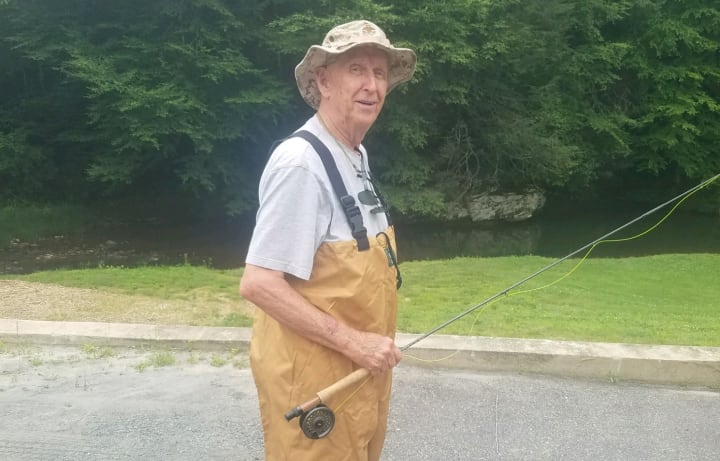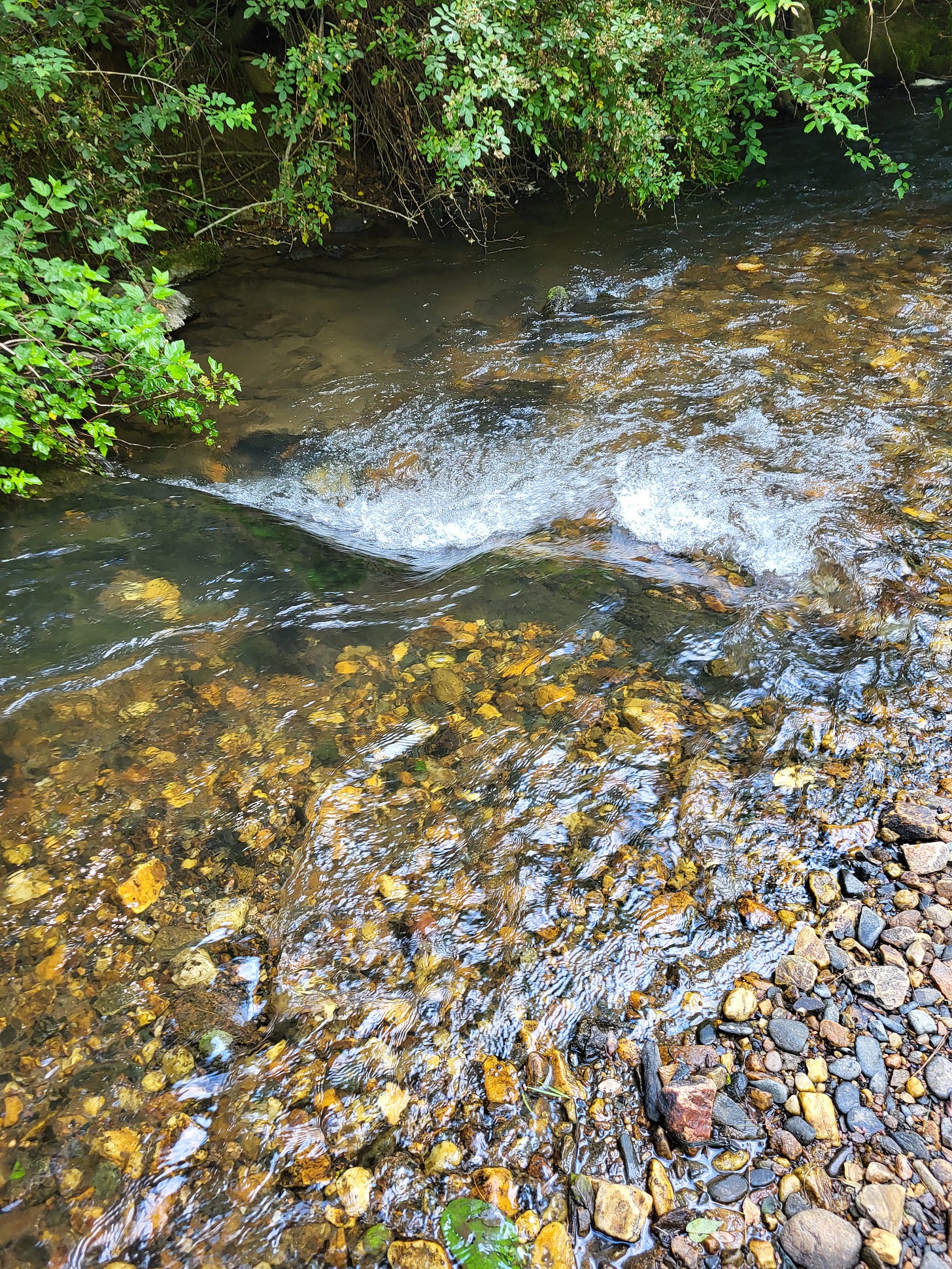COMMENTARY: Of Nail Knots and Being Human
Learning to do hard things with our hands opens us to the broader understanding of what it is to be fully human.
by Martin Davis
EDITOR-IN-CHIEF


Learning to tie a nail knot is, in a word, challenging.
For those who don’t know what a nail knot is or what it’s used for — and unless you’re a fly-fisherman or Eagle Scout, why would you? — it securely connects two different strands of fiber tightly to one another.
Highly useful when connecting fly line to a leader. Otherwise? Let’s just say the three hours I spent learning to tie it properly wouldn’t be called an “efficient” process.
But then, “efficiency” and “becoming human” don’t always go together.
In fact, becoming human is all about the art of inefficiency.
Three Hours
I didn’t need to learn a nail knot but decided that it was time I relearned. My grandfather was a master of the knots. I watched him tie many while growing up, and for a time 50 years ago I knew how to do it.
But time takes a toll on memory — both muscle and intellectual.
So, on the back porch of the cabin that we’re renting in Ashe County, North Carolina, I fell into an Adirondack chair with a guide to tying knots published by Orvis, lots of line, and a lot of quiet.
To be sure, there’s a sense of satisfaction one gets when you successfully complete a task. But there’s a bit a disappointment, too.
In the process of learning the knot, I learned things about my own dexterity that I never knew. Namely, that working with two different lines requires a level of coordination of eyes, fingers, and even breath that I too rarely call upon.
Early fumbles generated not aggravation but determination to understand precisely what I was doing wrong, and how to correct it.
And then there was the challenge of understanding what has been written. Learning to tie knots from a written guide requires three-dimensional thinking and close attention to the precise meanings of the words and the sequence in which they’re deployed.
At times, what the writer intended and what I produced simply didn’t square. Rather than cursing the writer, it was incumbent upon me to think a bit deeper about what was explained and figure it out.
The writer, it turns out, knew exactly what he was explaining. It was I, early on, who failed to recognize his meaning.
The level of focus on the task before me had unintended consequences.
My ears were opened to the variety of birds nearby. When eyestrain was an issue, looking away and focusing on the flight of a Carolina Wren, the sound of an Eastern Towhee, and the coloring of a Black and White Sparrow recentered me and gave me appreciation for the coordination and dexterity of the birds around me.
Each of us exploring the limits of our abilities — me for pleasure, they for survival.
I also became aware of subtle shifts in temperature. How a cloud can bring a moment of chilled relief before moving on. How thankful one is for that moment of relief.
And there is rustling river below, the waters gurgling as they roll over rocks and plunge into small pools, creating air pockets that surface and sing a hypnotizing song.
For those three hours, I became aware of the extent to which we are part of the world. And that our efforts to control nature are delusional at best.
Tactility
Though Fredericksburg is far from my mind at the moment, the efforts we are taking to roll back the invasion of smartphones into the lives of students and teachers and administrators are not.
The deeper we fall into our screens, the further we fall away from our humanity.
It need not be that way.
Though David Thoreau knew nothing of phones — smart or otherwise — he knew the toll that industrialization was taking on human awareness. Writing in Walden Pond, he said:
“If you have built castles in the air, your work need not be lost; that is where they should be. Now put the foundations under them.”
Silence — and re-engaging with the world around us — is that foundation.
Without them, we struggle to find our humanity. And without that, when we grab for the things in the sky that promise happiness, we fall to our demise.
It’s amazing what a simple nail knot and three hours of silence can deliver.
Local Obituaries
To view local obituaries or to send a note to family and loved ones, please visit our website at the link that follows.
Support Award-winning, Locally Focused Journalism
The FXBG Advance cuts through the talking points to deliver both incisive and informative news about the issues, people, and organizations that daily affect your life. And we do it in a multi-partisan format that has no equal in this region. Over the past month, our reporting was:
First to report Mary Washington Healthcare's move to close Kid's Station Daycare
First to detail MWHC's taking actions that undermine the viability of the Moss Free Clinic.
First to detail and then expose the controversy surrounding the Riverbend High School swim team
Providing the region's best political coverage of the upcoming 7th District Congressional race.
For just $8 a month, you can help support top-flight journalism that puts people over policies.
Your contributions 100% support our journalists.
Help us as we continue to grow!






Sounds like a very relaxing stay in the mountains. And that kind of environment seems to bring out the philosopher in each of us. Enjoy!